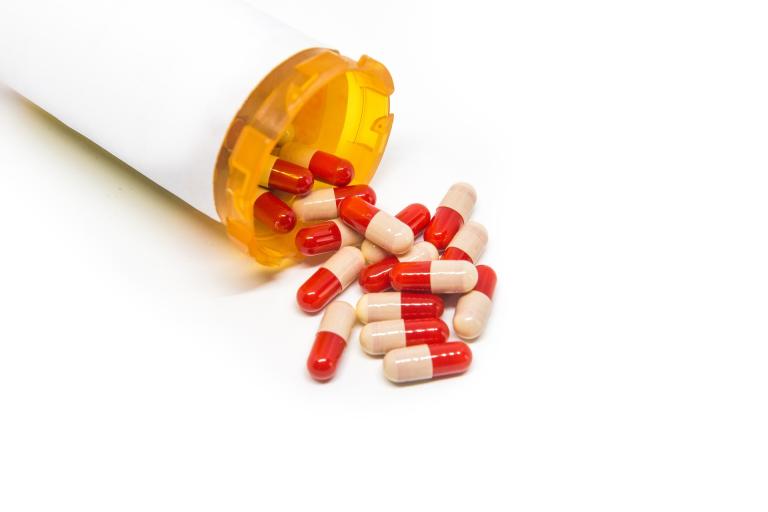 Jake was only 19-years-old when he found himself addicted to opioids. It all started with removal of his wisdom teeth and a prescription for narcotics to help with the pain. Quickly, he moved from use to compulsive use and found himself drug seeking on the streets. At the age of 20, he died of an overdose.
Jake was only 19-years-old when he found himself addicted to opioids. It all started with removal of his wisdom teeth and a prescription for narcotics to help with the pain. Quickly, he moved from use to compulsive use and found himself drug seeking on the streets. At the age of 20, he died of an overdose.
Unfortunately, Jake’s story isn’t uncommon. Too many people take opioids for legitimate reasons but then find themselves addicted. Here’s why:
Recent research suggests there can be a genetic predisposition to addiction to pain medication. It is estimated that between 40-60 percent of the general population may be predisposed to addiction to opioid medication because their bodies process medication differently, causing them to have an exaggerated response to the medication.
In addition, one of the drivers of continued use of pain medications is withdrawal. If your body is used to certain levels of opioid medication and then goes without, the withdrawal symptoms are severely pronounced. One person described it like having the flu, and then multiplying that experience by one thousand. Thus, desperate behavior associated with opioid addiction is not necessarily related to the euphoria. Rather, it is because the person will do anything to avoid the suffering associated with withdrawal. This relief seeking may even result in illicit drug use like heroin.
To know if you are at risk to develop an addiction to opioids, consider your family history. Is there addiction in your biological family? If so, there is greater risk that opioid use could be addictive. Also recognize that all drugs of potential abuse trigger a pleasure response. But as noted above, when it comes to chronic pain, most people are not looking for pleasure, rather pain relief. Opioids are effective for pain relief. However, tolerance develops and more of the drug is needed to get that relief. This means you can become easily addicted. So only use opioids as prescribed and for a short time. And if you have significant addiction in your family, ask if there are other pain relief measures you could take.
Finally, if your pain is chronic, there are more effective non-pharmacological treatments that address the mechanisms of chronic pain. Chronic pain treatment involves rewiring the brain away from pain and calming down the central nervous system. Thus, treatments like acupuncture, biofeedback, exercise and other non-pharmacological treatments will help turn down the volume on chronic pain. For more help to better understand and treat chronic pain, check out Living beyond Pain, written by physician Dr. James Kribs and me. The important message is to get your pain treated, but to avoid any addiction risk.


